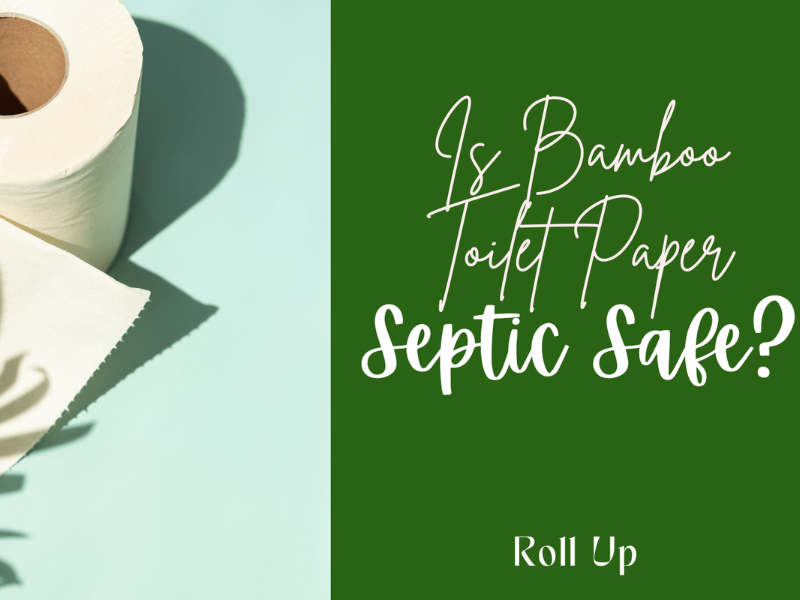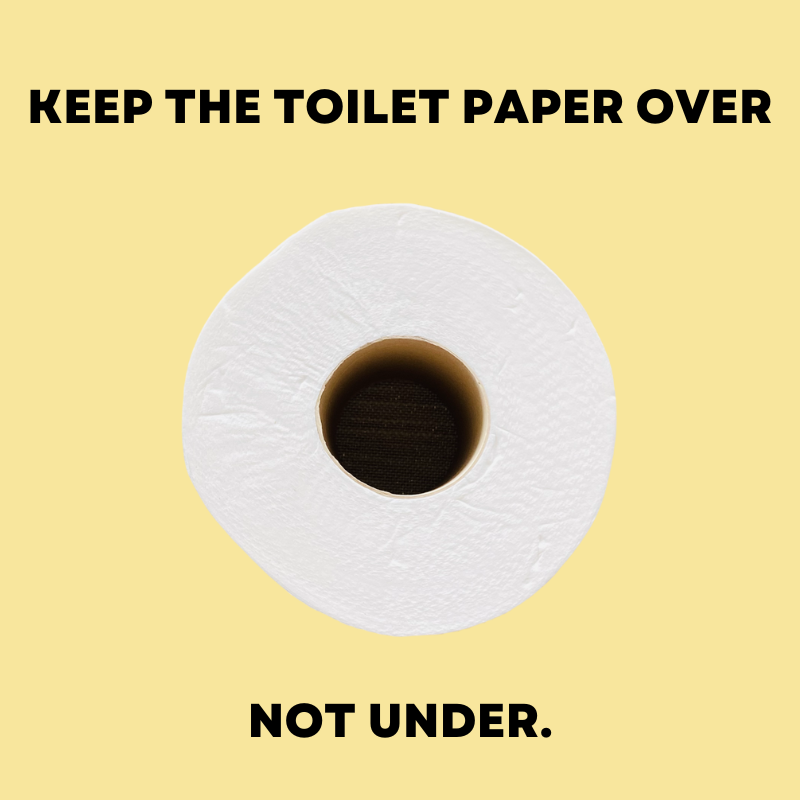Help us celebrate World Toilet Day! 🚽
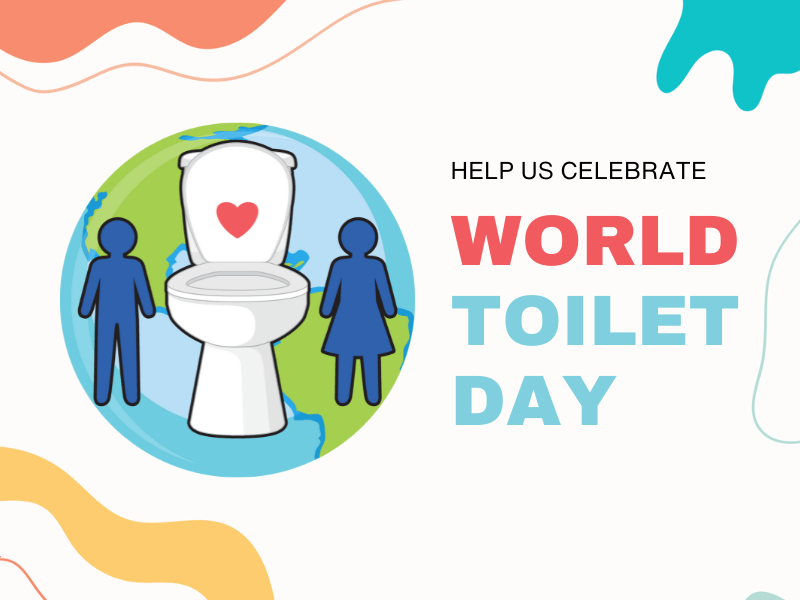
Join us in celebrating World Toilet Day on November 19th by going to the toilet and letting go of one of the biggest p$!*# you’ve ever….
Wait wait, that is National Poop Day, and is celebrated on February 12th.
While they sound similar, World Toilet Day is not primarily about pooping (well it is to some extent) but it’s more about sanitation and healthcare. Except for being a great topic for jokes, toilets are one of the best inventions that have made modern civilization possible.
Toilets and proper sanitation can add up to 20 years to human life, and save millions from diseases like cholera and dysentery.
Poor sanitation is especially harmful for women, children and other groups. Diseases resulting from poor sanitation are the second leading cause of death among children under five, and are easily preventable with little investment in sanitation and clean water.
For every $1 that is invested in sanitation around the world, there is a $5 dollar return in reduced healthcare cost and productivity benefits.
Now, how about a short history lesson.
How the Toilet Came To Be?
Although the toilet is a very recent invention, sanitation has been around for thousands of years. The first sanitation systems were around almost 300 years before the construction of the Pyramids in Egypt.
The Indus Valley civilization in northeastern India and Pakistan constructed the first urban sanitation system.
They had holes in the outer walls of their houses connected to a water drainage system that went underground and transported the waste to cesspits; which were later emptied and cleaned.
This system was later copied all around the world, from as far as Scotland and as south as Sri Lanka.
In the Roman era, latrines were invented which were rooms with stone beds that had a hole in them and people would… go together and do their business as a group! The disposed waste was then intermittently flushed manually with water into the sewer.
The latrines were usually a part of bathrooms so people were able to wash thoroughly afterwards and in that way kept safe from bacteria and diseases.

The Middle Ages were marked by poor sanitation conditions, and although we won't delve into the specifics of that era here, for those of you with inquisitive minds, you can explore the term "Garderobe" for more information.
Later, in the 18th century, a significant debate arose regarding sanitation's impact on health, prompting inventors to delve into this topic.
During this period, it was common for cities to experience a higher mortality rate due to diseases stemming from poor sanitation, surpassing the number of births.
In 1775, a man named Alexander Cumming introduced the world to the first flushing toilet, a momentous invention that would shape history. The very concept upon which modern toilets operate today was born. Yes, the birth of the toilet!
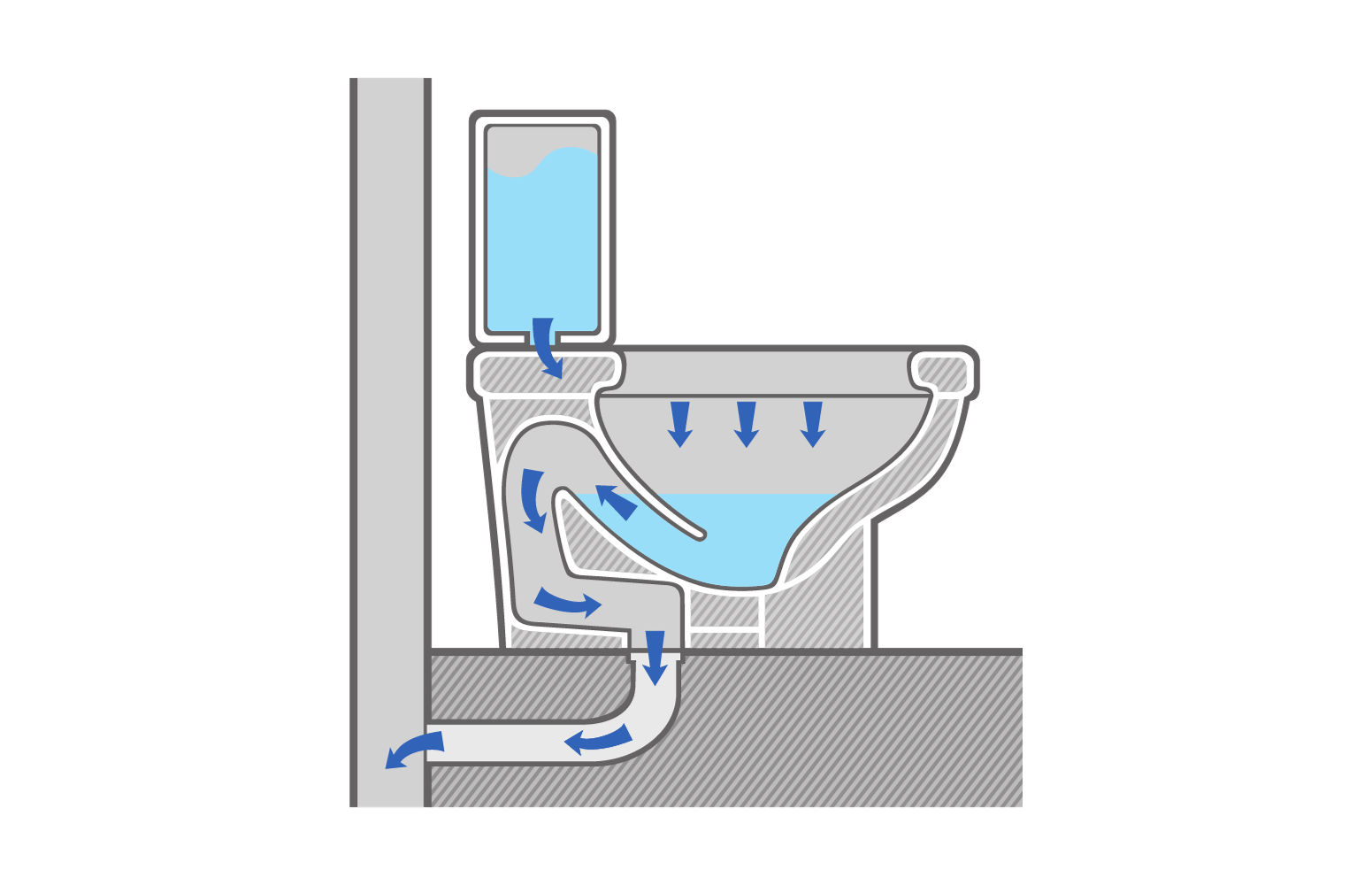
Cummings held such pride in his invention that he presented it as a gift to Queen Elizabeth I of England.
The queen, astonished by this innovation, was said to be so impressed that she granted him a royal patent for the flushing toilet.
In the subsequent years, there were some refinements in the design, including the introduction of the S-bend, which effectively prevented unpleasant odors. This made toilets more attainable for the general population.
Initially, toilets were situated outdoors, often in gardens or behind the kitchen doors of homes. However, as time progressed, people began to install them indoors.
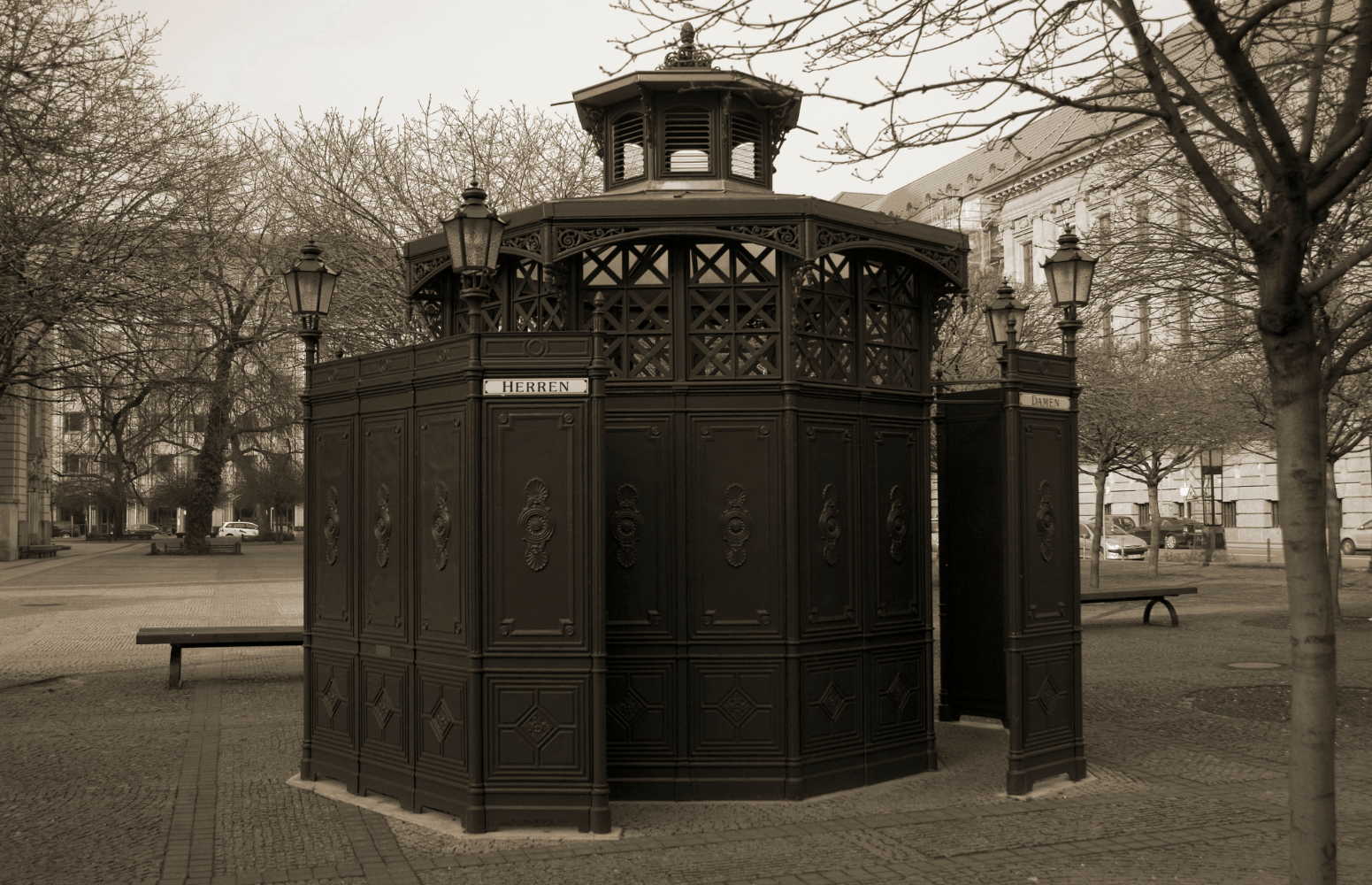
In the early 1900s, this shift made toilets readily available to the general public, significantly enhancing health and productivity for everyone.
Following World War I, London set a pioneering precedent by mandating indoor toilets as a building code requirement for new constructions.
This progressive move allowed people to reside in multi-unit apartment buildings in close proximity to one another, free from the fear of diseases and persistent unpleasant odors.
It not only paved the way for modern civilization but also relieved us from constantly worrying about restroom facilities, enabling us to redirect our focus toward more significant matters.
But, Not for All
Regrettably, not everyone has been able to move beyond the issue of toilets. Shockingly, there are still 3.5 billion individuals living without access to adequate toilet facilities.
More than 419 million people continue to engage in 'open defecation,' a practice devoid of any sanitation, posing a potential breeding ground for diseases.
The diseases stemming from improper waste disposal have a particularly devastating impact on children under five years of age, as well as women, girls, and other vulnerable populations.
In an effort to address this problem, a dedicated day, World Toilet Day, was established, observed annually on the 19th of November.
World Toilet Day
World Toilet Day was officially designated by the United Nations and has been observed since 2001.
This initiative was established by the World Toilet Organization, a non-profit entity founded by Jack Sim, a Singaporean philanthropist also known as "Mr. Toilet."
World Toilet Day is an annual global observance dedicated to raising awareness about the importance of sanitation and access to proper toilet facilities. It aims to address the critical issue of the 4.2 billion people worldwide who lack access to safely managed sanitation, resulting in health risks and environmental challenges.
Through awareness campaigns, educational initiatives, and advocacy efforts, World Toilet Day strives to promote positive change in sanitation policies, hygiene practices, and infrastructure development, ultimately improving health, well-being, and dignity for countless people around the world.
World Toilet Day, observed on November 19, underscores the urgency of addressing the global sanitation crisis by promoting sustainable sanitation solutions, ending open defecation, ensuring access to safe water, and advocating for safe toilets to achieve the UN's ambitious goal of universal access to sanitation by 2030.
How can I Help?
Let's all recognize the importance of good sanitation practices.
- Break taboos: Engage in open discussions about the interconnected issues of toilets, water, and menstruation.
- Hygienic flushing: Repair any leaking water or sewage pipes, and report any improper waste disposal incidents promptly.
- Prevent pollution: Refrain from disposing of food remnants, oils, medications, or chemicals in toilets or drains.
- Advocate for Change: Correspond with your elected representatives to advocate for increased funding for improved water and sanitation infrastructure, both at the local and global levels.
Also visit the official World Toilet Day website and the related United Nations campaign.
How does Roll Up Help?
Roll Up contributes to ensuring safe flushing practices for everyone.
Our eco-friendly bamboo toilet paper offers major benefits for sanitation systems compared to traditional paper products. Made from organic bamboo, our paper breaks down easily without causing sewage blockages.
In addition, our partnership with The Personal Care Bank, a Toronto based non-profit organization enables us to provide essential hygiene products to the most vulnerable individuals. This impactful project not only promotes personal hygiene but also plays a vital role in preventing illnesses and the transmission of germs, ensuring the well-being and health of all.

